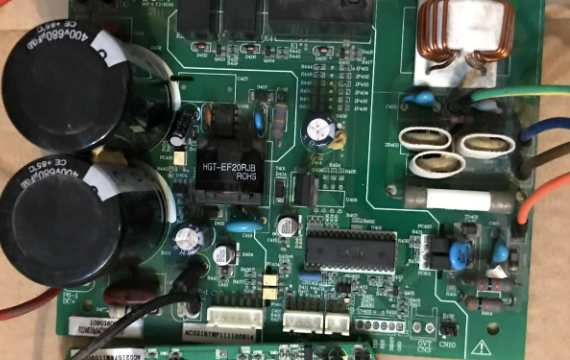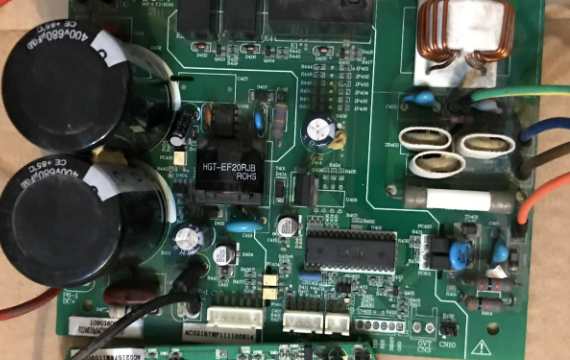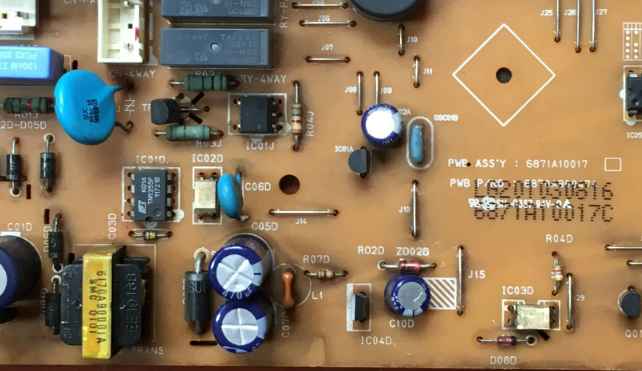
Epoxy ground drum is generally found soon after construction, some morning shop paste epoxy ground afternoon bulge. Bulge from small to large, continuous development, development to a certain degree after resting. The higher the temperature, the more easily the bulge occurs and the faster it develops. They come in all shapes and sizes. Some drum diameter up to 1cm, height up to 20~50mm. There is no significant relationship between the generation of bulge and construction area, the same area some severe, some light, some intact.
The epoxy floor layer operated by the same team and constructed with the same material has some drums or is intact, indicating that bulging is caused by a variety of factors. The reason for the drum is a topic that everyone is concerned about. It is found that the drum contains water or hot yellow liquid in the drum bag. The epoxy surface layer is separated from the base, and the cement material stuck on the base is pulled into a peak and nest shape.
So where does water come from?
There are several main sources of water:
1, the base, such as cement mortar screed, the maximum water content of about 12%, the maximum water content of the base is greater than the screed layer;
2, the dehydration of other ingredients in epoxy is not enough;
3. Poor combination of epoxy and base construction leaves open space and chemical activity of epoxy itself, without completely cured residue or gas;
4, the underground infiltration of gas seepage at the base.
From the above four aspects of analysis, the moisture of the base is the main, absolutely dry base is not. Part of the water vapor and epoxy residue of the base layer are wrapped in the epoxy and the base layer, forming bubbles of different sizes, because the epoxy layer itself is impervious to water vapor, water vapor can not be discharged, leaving a bulge of roots and seedlings. Therefore, bulges are produced on the plane, mostly between the base layer and the epoxy layer. The moisture in the base is difficult to avoid, which is an important factor causing the epoxy drum.

The temperature of the atmosphere is constantly changing from day to night and from season to season, slowly rising or slowly falling. The water and air cooling in the bag condenses into small drops of water, and the pressure decreases accordingly. Because the bulged epoxy layer has a certain strength, the bulge cannot be restored to its original state, resulting in negative pressure in the bulge. In this way, the moisture contained in the base layer is inhaled, and the moisture generated in the bag increases.
When the temperature rises the next day, the volume of the bulge is expanded again because of the increase of the moisture that can be evaporated in the packet, and the greater pressure is generated. Some small white spots are found in the hollow peak of the bulge base, which is connected with the water channel of the base. People call this developing bulge "living bag".
When the bulge reaches a certain size, because the base dries out, the "water source" is broken, or because the bulge is large and flat, the upward tearing force is reduced. In some cases, the epoxy layer at the bulge is exposed to the sun and steamed by high temperature. With the rise and fall of temperature, the tensile force on the epoxy layer increases and decreases, resulting in fatigue and aging of the epoxy layer. Then part of the epoxy layer of bulge is destroyed first under the action of external force. Directly damage the aesthetic and durable life of epoxy layer.
It is necessary to take measures to prevent bulging according to the actual situation of the project.
How to prevent bulging
1. Solve the generation of epoxy drum, and mainly solve the "three fears" in the construction of epoxy floor; (1) fear of water; (2) fear of sun; (3) Fear of dust.
2. Take measures to prevent bulging:
(1) Do waterproof layer on the base, prevent water gas seepage up to control the moisture content of the base or waterproof layer in 8%, the compressive strength of the base or waterproof layer is greater than 21MP, epoxy construction.
(2) Improve the adhesion between epoxy layer and base layer or waterproof layer to overcome the expansion force at the beginning of the package to avoid the occurrence of bulges.
(3) In the construction of the epoxy layer, the bottom coating should be made of good quality materials. First, let a part of the epoxy permeate into the base or waterproof layer to form a whole. Second, it is the progress of adhesive relay, leaving less residual material or chemical gas after curing.
(4) Avoid sunlight after the epoxy construction, reduce the difference in temperature between the surface and the inside of the epoxy layer.
(5) in the grassroots or waterproof layer construction must be cleaned up. No open space is left between the epoxy layer and the base or waterproofing after construction.
(6) In short, waterproof material is necessary in the selection of the following points:
1) impermeability and breathability;
2) Compressive strength, strength greater than 20 PAM;
3) Strong adhesion to the ground;
4) and epoxy resin easily bonded to form a whole. Waterproof layer shall not be installed within 5 days after the completion of construction, to protect the finished product.









